You have received a spirit of adoption as sons by which we cry out, ‘Abba! Father!’
– Romans 8:15
The child in the old black-and-white print can’t be more than several months old.
Wisps of blonde hair frame a cherubic face. Her wide, toothless grin lights up the room. She is perched on someone’s lap, her fat little hands clutched around the tanned, large fingers steadying her. Her eyes, focused adoringly on the face beyond the camera, say it all:
My Daddy.
For more than sixty years, those same hands never let her go. They steadied her as she took her first steps, propelled her down the country lane on her first bike, and released her to her groom. Her daddy stayed up evenings helping her with her homework, and he stayed up nights watching until she made it home safely. He took on any errant teacher, bus driver, or bully that dared to hurt his little girl.
He cried the day he walked her down the aisle. He proudly pronounced each new grandchild the perfect addition. Over the decades he abundantly lavished his prayers, finances, and time on his beloved family. He cheered every victory and grieved over every heartache as if it were his own.
Besides my husband, this man has been my refuge, one who makes me feel safe and cherished. I still run to him when I’ve fallen and skinned my soul.
The little girl is now old and gray.
But my earthly daddy is still here, teaching me the meaning of true fatherhood.
Bible scholar John MacArthur wrote that Abba, the informal Aramaic term for Father, denoted a sense of tender dependence and safety, like the English word Daddy.
Glenn T. Stanton of Focus on the Family recently challenged the association of the term Abba with “Daddy.”* But his objection appears to be with the nuances attached to the word “Daddy,” rather than its description of a loving relationship with our heavenly Father.
When a child sees her father, she doesn’t agonize over the subtleties of his name. She recognizes the face of someone who loves her. She rejoices in who he is. In arguing the linguistic origins of the word Abba, we may strain out the gnat only to swallow the camel. In our haste to ensure we haven’t muddied the name of the Father, we may relegate a beautiful English word picture to a shallow grave out of fear of being irreverent.
Our Father in heaven loves us. He loves who we are, just as we are.
Every pure action we attribute to our earthly fathers has its origin in Him. Whether we call Him “Father” or “Daddy,” we owe Him our complete respect and absolute adoration.
I don’t call my dad “Daddy” anymore. But when I’m with him, I still see the same unconditional love that captured my heart as a child. In the same way, my love for God has grown and matured through the years. But He’s still Abba, Father.
My Daddy.
*http://www.thegospelcoalition.org/article/factchecker-does-abba-mean-daddy


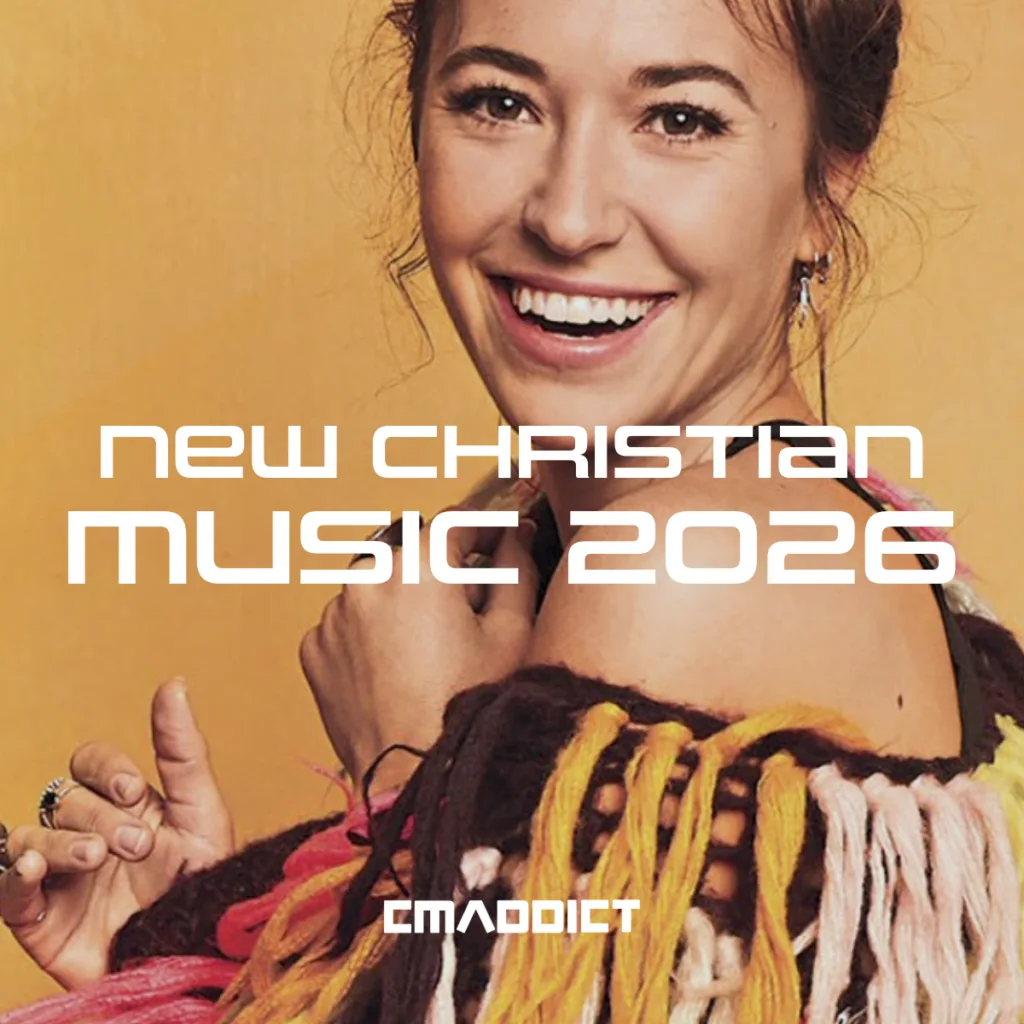




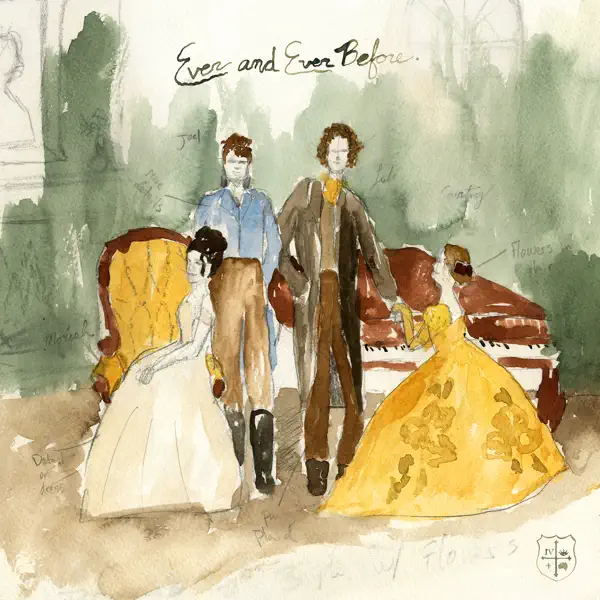

![Phil Wickham – Homesick For Heaven (Petey Remix)[Official Lyric Video]](https://cmaddict.com/wp-content/uploads/2025/04/phil-wickham-25-2-1024x1024.webp)

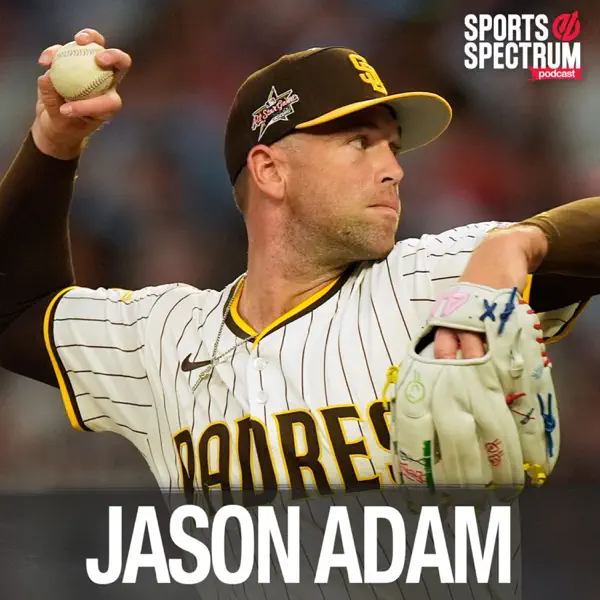

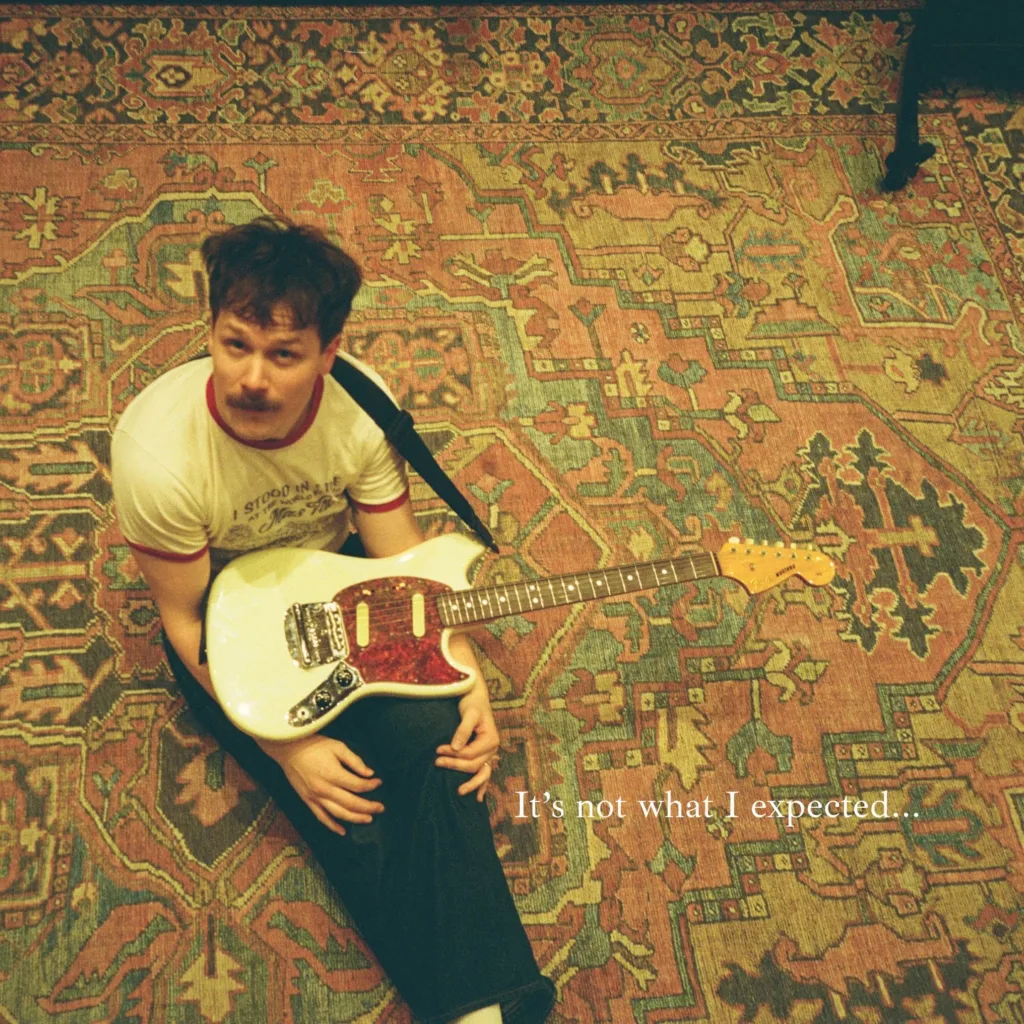
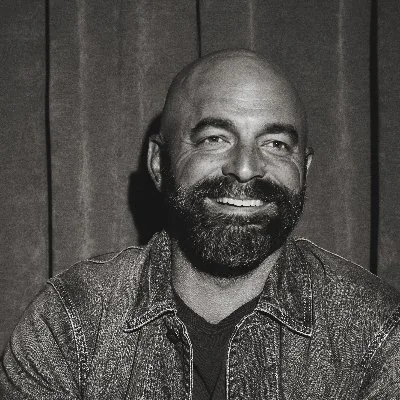







Leave a Reply